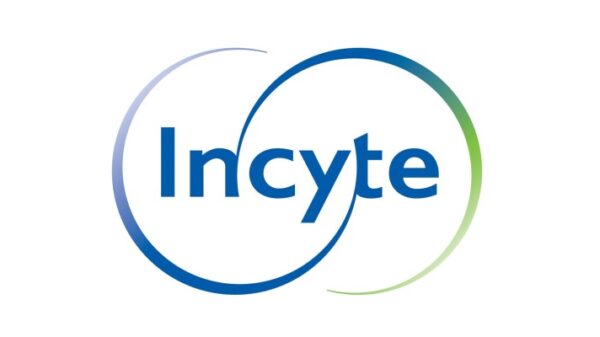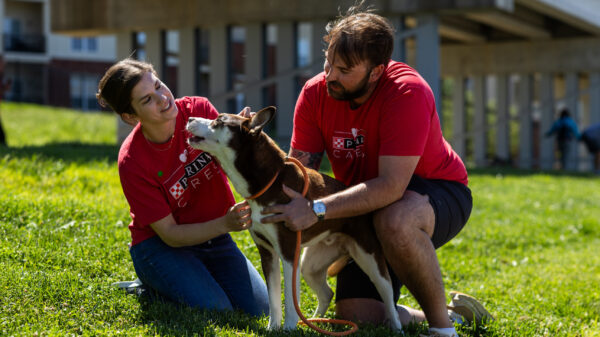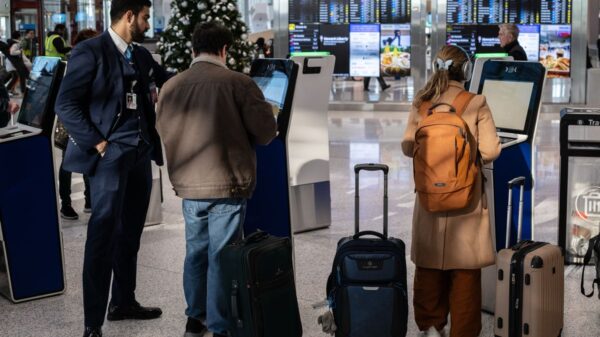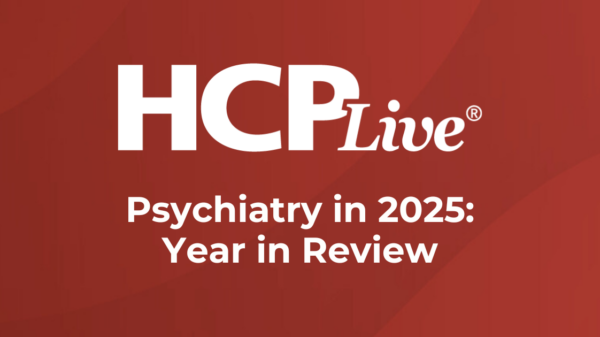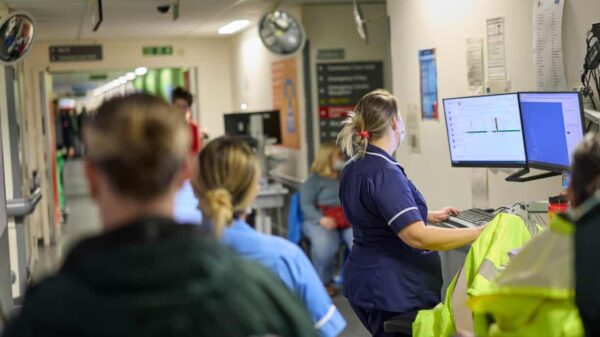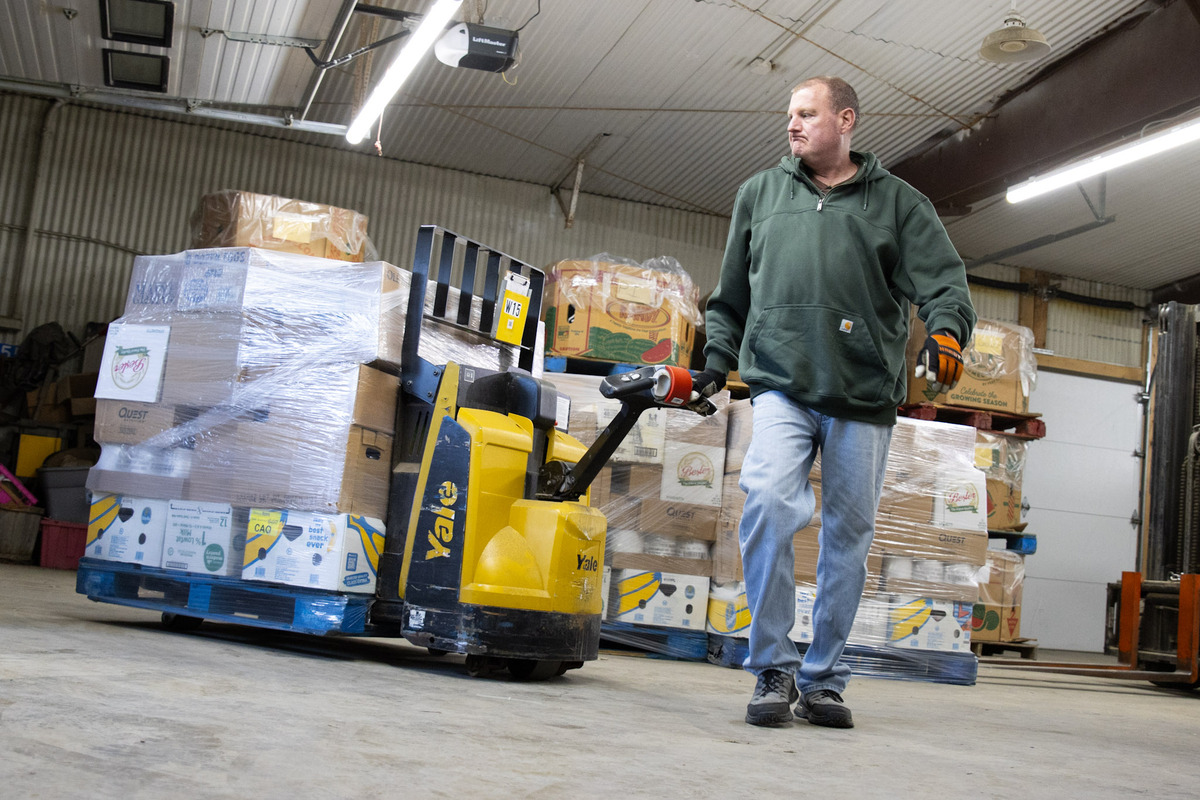Food pantries in some of Maine’s most vulnerable regions are bracing for a potential shortfall in support from the Supplemental Nutrition Assistance Program (SNAP). As the federal government shutdown enters its 27th day, over 170,000 Mainers may not receive crucial benefits next month, impacting their ability to purchase groceries. The funding lapse could place additional strain on food banks, which are already facing significant challenges.
At the Catholic Charities Food Bank in Monticello, director Jon Blanchard worked tirelessly to unload pallets of food, including rice, tomatoes, and cereal, destined for local food pantries. Each month, the charity distributes between 110,000 and 145,000 pounds of food to support various pantries across Aroostook County and surrounding areas. With the impending SNAP benefits lapse, the demand for food assistance is expected to increase dramatically.
Rural areas such as Aroostook County, where SNAP enrollment exceeds the state average, are expected to feel the impact most acutely. “There isn’t a program that can replace that,” Blanchard stated, emphasizing the critical role food pantries play in alleviating hunger.
Food pantries in Maine have already experienced a decline in resources due to cuts in key USDA programs earlier this year. In March, approximately $500 million was slashed from The Emergency Food Assistance Program (TEFAP), which provides food purchased by the USDA. Additionally, the termination of the Local Food Purchase Assistance Cooperative Agreement Program has further constrained available resources.
Rena Kearney, a volunteer at the Mars Hill Community Cupboard, noted a significant reduction in supplies. “Before we were getting maybe four or five cases of something and now we’re getting only maybe one case,” Kearney shared, highlighting the challenges faced by local pantries.
At the Grace Interfaith Food Table in Presque Isle, volunteer Marcia Cogswell reported a concerning decline in food availability, stating that shelves are “a good 40 to 50% less” full than a year ago. The uncertainty surrounding SNAP benefits has led to increased inquiries from community members worried about their food security. “People are worried about next month,” Cogswell said, noting the urgency of the situation.
In preparation for the possibility of reduced SNAP benefits, Catholic Charities is taking proactive measures. They are allowing food pantries to pick up their monthly food allotments early to assess available stock. Blanchard encourages pantries to prepare for what may come, stating, “Hey, nobody really knows what’s coming.”
Moreover, Catholic Charities is collaborating with local producers to explore options for increasing food purchases in November. They have received positive feedback from local farmers, as Blanchard urges community members to contribute financially to support these efforts.
The organization is also advising food pantries to extend their operating hours to accommodate increased demand. Many smaller locations in Aroostook County currently operate only a few times a month. “It can create situations where there’s more capacity to ramp up for a short period of time,” Blanchard explained.
While the charity is making every effort to prepare, Blanchard remains realistic about the challenges ahead. “The need — if it happens that SNAP goes away for a while — would be very great,” he acknowledged.
Food insecurity in Maine has been on the rise, with approximately 13.8% of the population affected in 2023, up from 10.4% in 2020, according to data from Feeding America. The state has the highest percentage of children experiencing food insecurity in New England, with 20.6% affected this year.
With the looming threat of reduced SNAP funding, the situation remains precarious. “I’m worried about individuals who are hungry,” Blanchard expressed. “My job is to feed people, and I’m going to do the best I can, but I’m also not naive, and I know that there are limited resources.”
Cogswell remains hopeful that her pantry can meet the anticipated demand, stating, “We have always met the demand.” However, the challenges posed by the government shutdown and the potential SNAP benefits lapse leave many uncertainties. “We can only give what we have,” she concluded, underscoring the ongoing struggle faced by food pantries in Maine.







